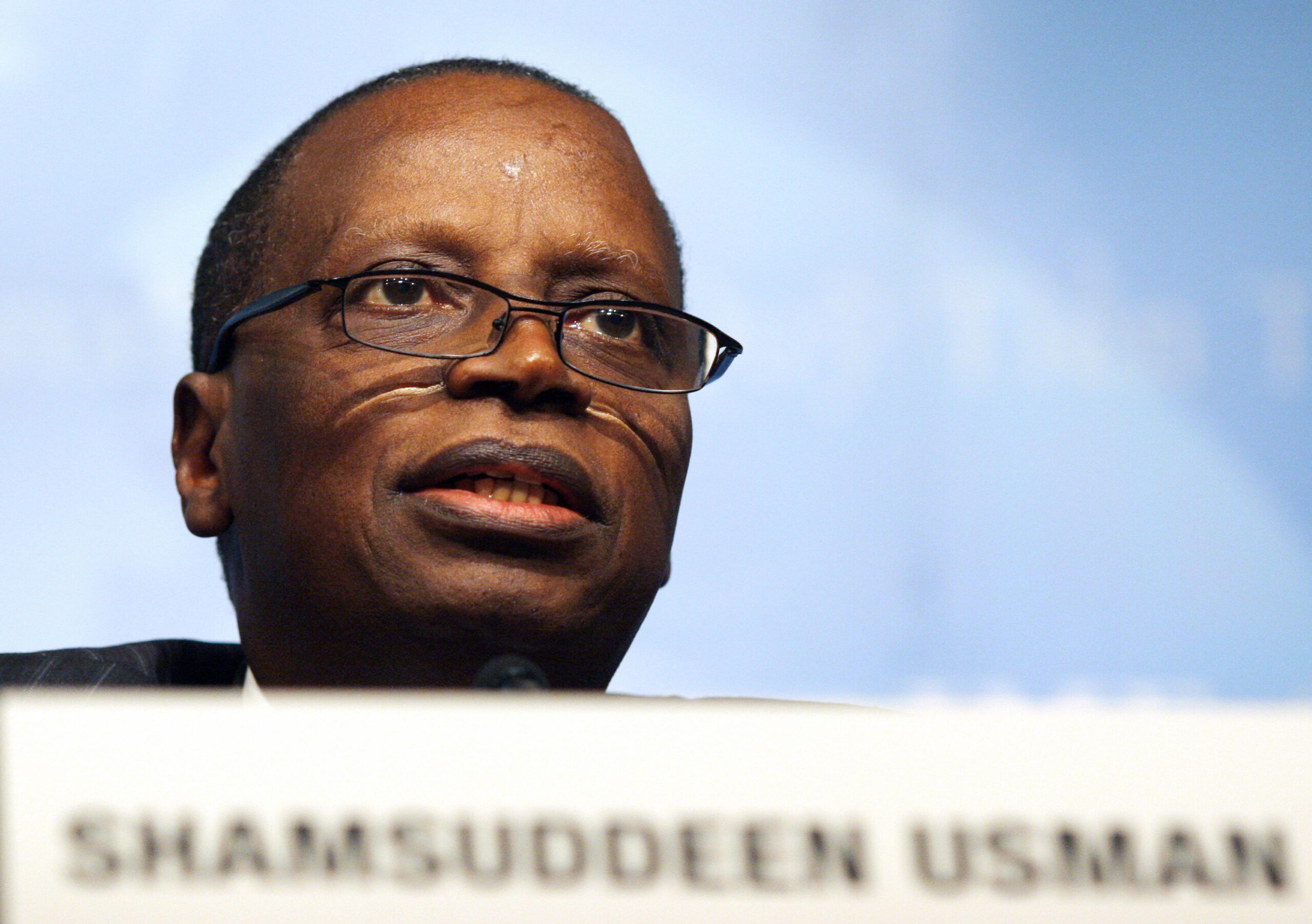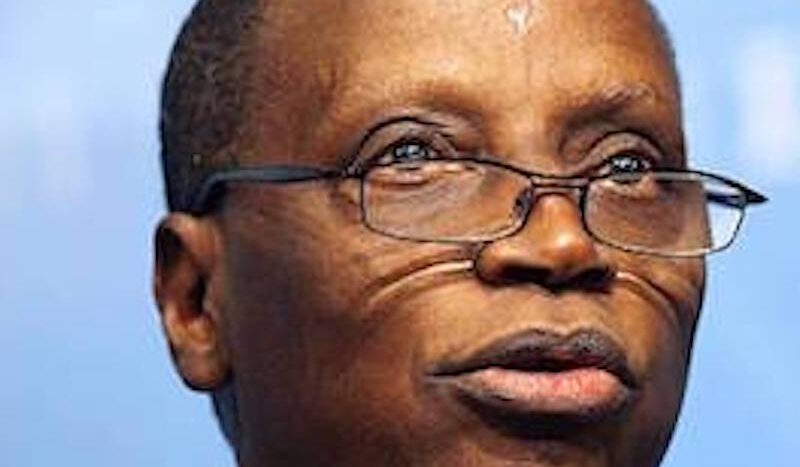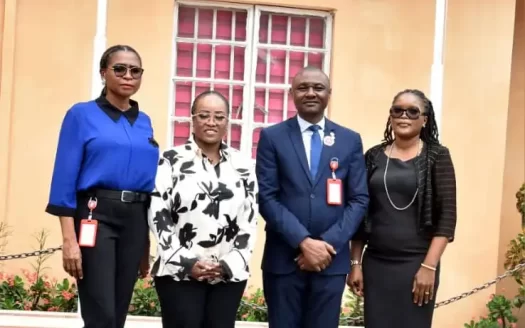FG to Track Real Estate Sector, National Assets
In a significant move aimed at bolstering Nigeria’s economic interests, the Ministry of Finance Incorporated (MOFI) has announced its intention to meticulously track the country’s real estate, oil and gas assets, solid minerals, and other federal holdings both domestically and internationally. Dr. Armstrong Takang, the Managing Director of MOFI, revealed this strategic initiative during the inauguration of the restructured MOFI board in Abuja over the weekend.
The organization, empowered by the MOFI Act of 1959, has been entrusted with the management of all federal government investments, interests, estates, easements, and rights. The restructured board, led by former Minister of Finance Dr. Shamsudeen Usman, was formally inaugurated by the Minister of Finance and Coordinating Minister of the Economy, Mr. Wale Edun.
In an exclusive interview with journalists on the sidelines of the inauguration, Dr. Takang expressed confidence in the ambitious target set by MOFI – to grow the federal government’s assets under management (UAM) to an impressive N100 trillion within a decade. Emphasizing that the goal might be conservative given the unaccounted tangible and intangible assets, Takang underscored MOFI’s determination to optimize both domestic and offshore assets, including real estate, oil and gas assets, and solid minerals.
Nigeria, possessing significant holdings in prime locations globally, is poised to unlock dormant assets. According to Takang, the government’s assets, both liquid and solid, currently amount to tens of trillions of naira. With the restructured MOFI board now operational and the establishment of the National Assets Registry, the focus is on ensuring sustainable risk-adjusted returns from federal corporate assets, marking the beginning of an era dedicated to maximizing economic potential.
“And how do we measure that?” he stated. “So, for every share we own in any entity, we have to make sure that there is capital appreciation, that those shares are improving the environment.”
He added that the quest “was to make sure that each of those entities is delivering dividends”.
Takang said the second agenda was to establish what the federal government owned, especially in investment assets, which involved, first, identifying, enumerating, valuing, cataloguing, managing, optimising, and monetising the assets, in different asset classes.
He stated, “For us at MOFI, our mandate is around what government owns, especially investment assets, and that’s our focus – to establish precisely what we own and how much it is worth, how we can optimise it, how we can monetise it, and ensure that we are using it to support the government’s programme to revitalise and reposition our economy.”
He cited corporate assets, which are shares the government owns in entities, fully or partially.
Takang stated, “These include real estate assets. These are assets that are either in Nigeria or offshore. As you know, we have a large portfolio of real estate assets offshore. We will be enumerating these, valuing and making a decision as to how to rationalise and optimise those to ensure that we’re getting the most value.
“The third category is around our oil and gas assets. As you know, this is a country that is heavily endowed with oil and gas assets. And for the last seven decades, we’ve made a lot of foreign earnings from oil and gas assets with huge room for improvement in terms of how we use the oil and gas assets.
“So, that clearly is a third category of assets that we will be tracking and ensuring that we find ways to do better.
“There are solid mineral assets as well. As you know, we have a lot of oil, solid mineral assets. So that’s the fourth category. The fifth category is around our infrastructure assets, especially the ones that have concessions on them.
“We’re interested in knowing where they are, to what extent they are being used, how can we improve them? How can we optimise them, and how do we make sure that we’re maximising the revenues that are gotten from these.”
Takang disclosed that MOFI was making proposals to the capital market because of the enormous investment potential drivable from the market, and added that the recent visit was instructive.
He said, ” For a long time, many people didn’t understand what it (MOFI) stood for, what its mandates are and what it plans to do. And so, for us, the purpose of that visit was to inform our key stakeholders, which the capital market operators represent, with the view to educating them about the new MOFI, and our mandate, and also to begin to discuss with them and see how we can work together, because we strongly believe that our success is partly based on the extent to which you can engage the private sector to mobilise private capital to leverage on the expertise, to see how we can manage our investments better.
“So that visit was useful in informing them. And today we have a lot of interest from that same community in terms of how we can partner together. Many of them are expressing interest in some of the assets that we own.
“Many of them have reached out to see how they can work with us to raise capital to invest in different sectors of the economy. So, there’s a whole lot of interest that has come out of them. And our view is that the level of engagement we’re having with them now is at a higher and better quality than it was before as a result of these engagements.”
Takang expressed optimism that in the coming months, some transactions would be coming through partnership with capital market operators.




